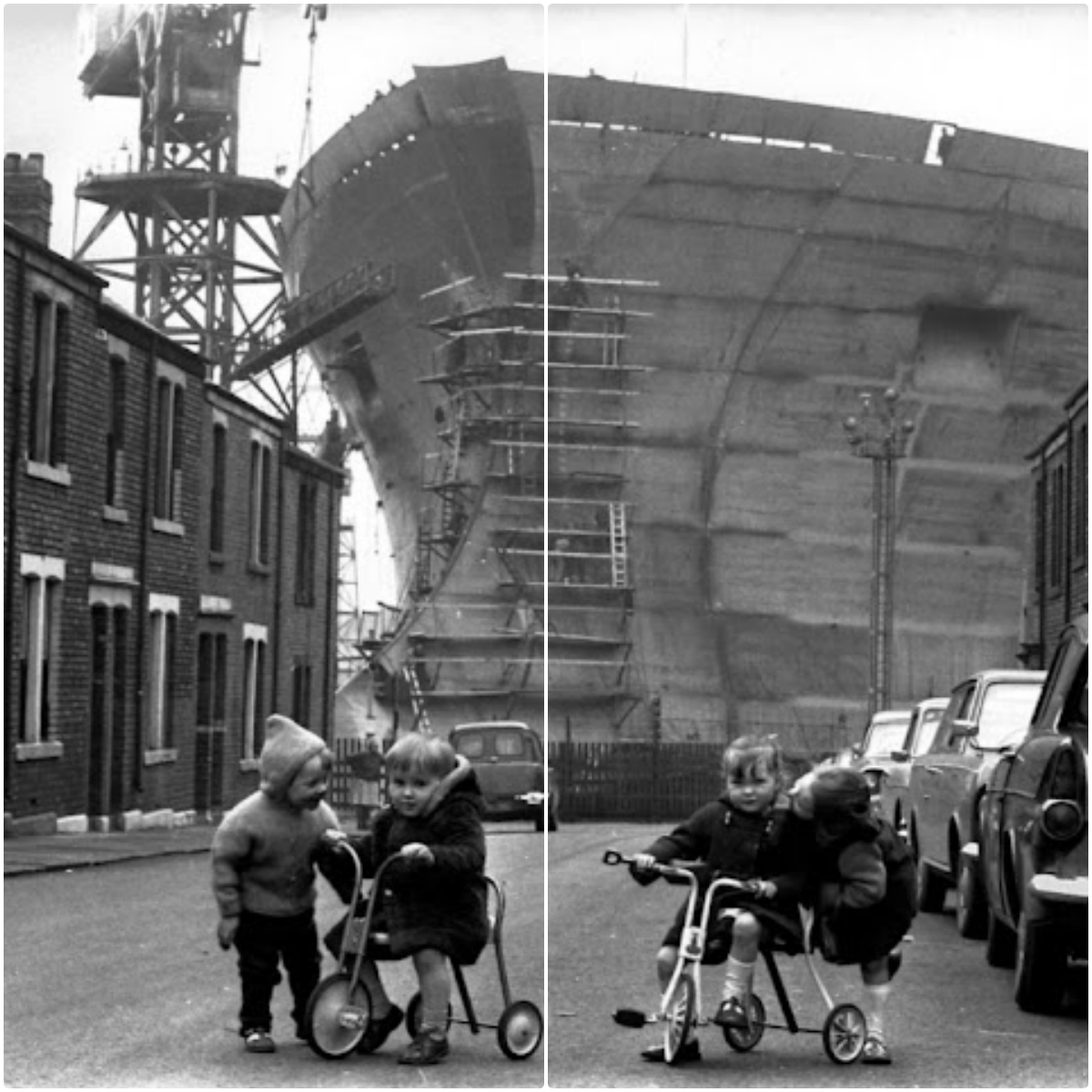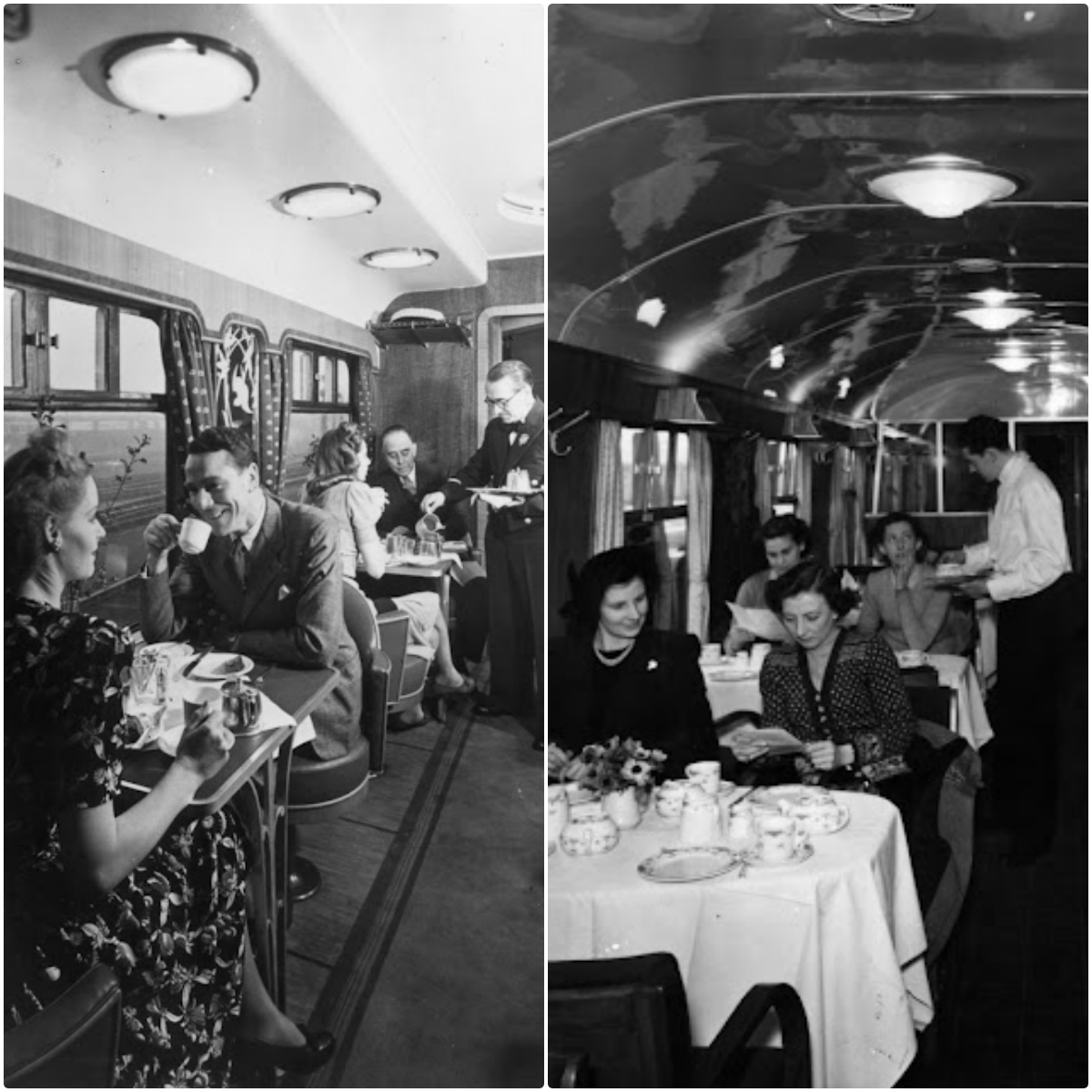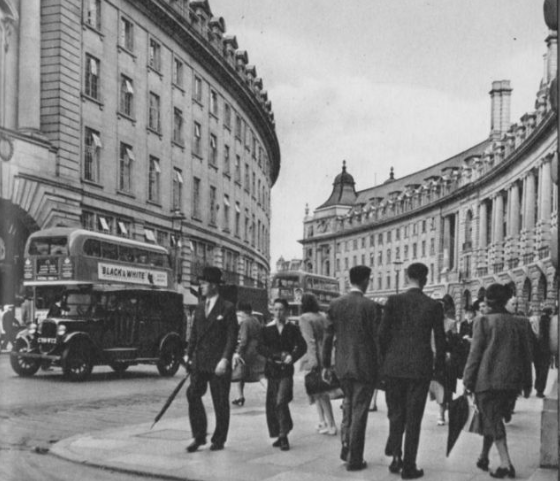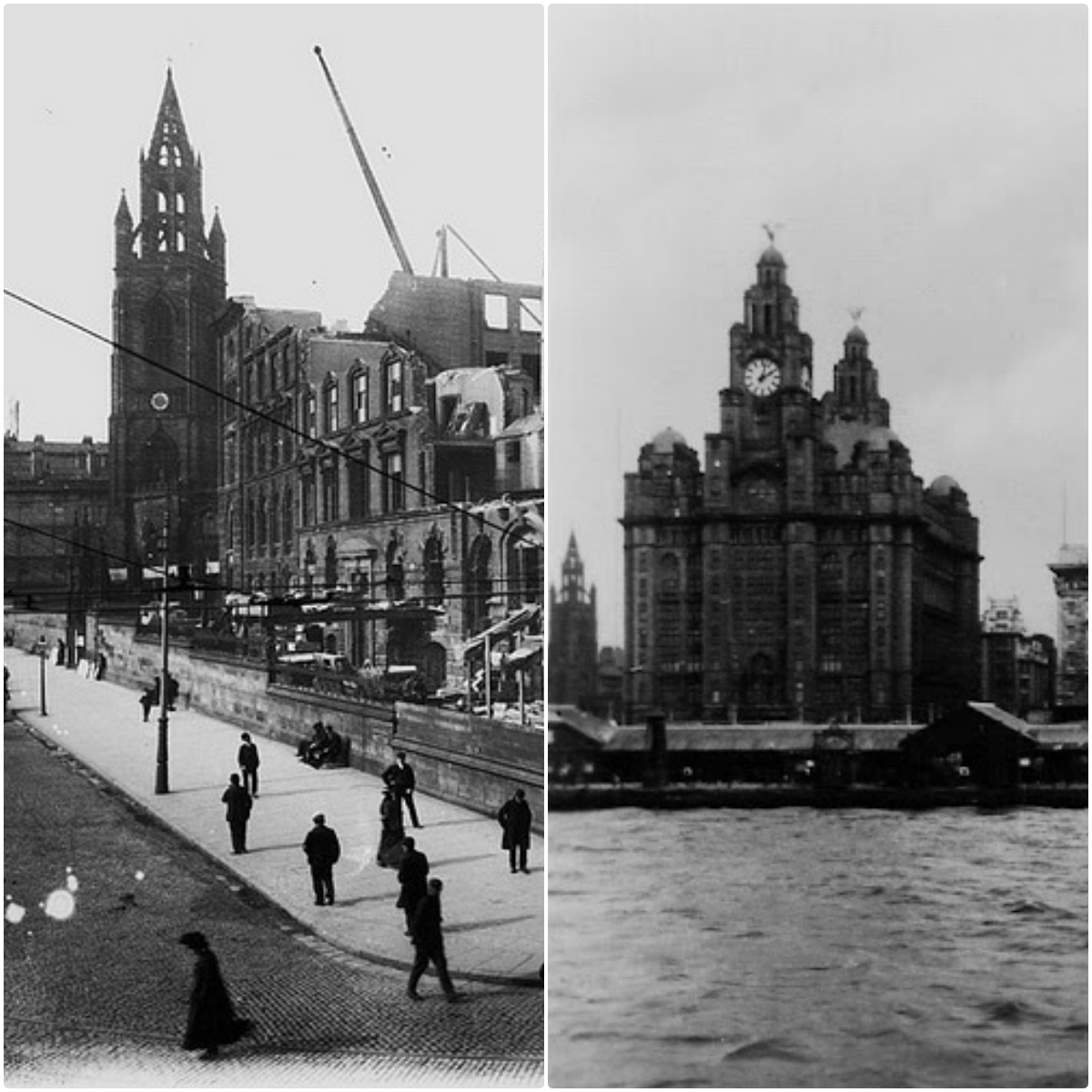Between 1963 and 1969, Steve Lewis, a former photographer for The Sun and the Newham Recorder, captured the East End of London in all its dilapidated glory. As the images graphically illustrate, the pop revolution and the early stirrings of flower power had little discernible impact on the working-class Cockney. East Enders were preoccupied with other concerns: widespread poverty, poor housing, industrial unrest, and racial tension.
Many of the locations in which Lewis worked have changed beyond recognition. Tower blocks supplanted swathes of Blitz-scarred terraces; docklands was recast as the capital's alternative commercial hub. As the old fabric of the East End was consigned to memory, so were many of its traditions. Here is a glimpse of the way it was.
 |
| A publican serves a glass of stout to a donkey |
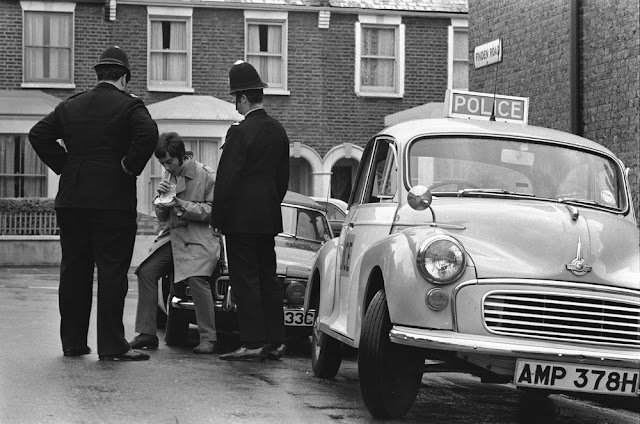 |
| Two police officers administer a Breathalyser test to a driver on Finden Road in Newham |
 |
| A rag-and-bone man on his rounds |
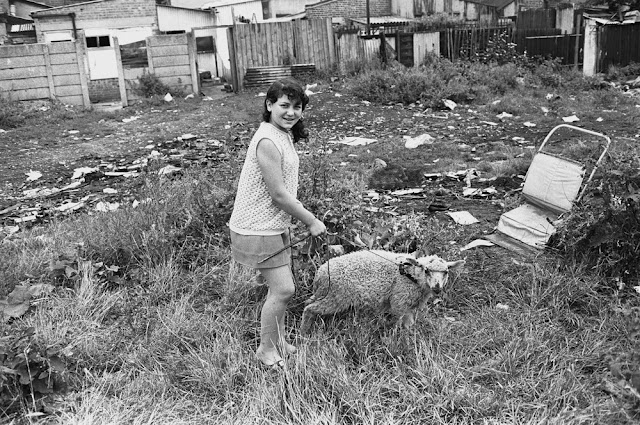 |
| A girl takes her pet sheep for a walk |
 |
| A row of Nissen huts in Stratford |
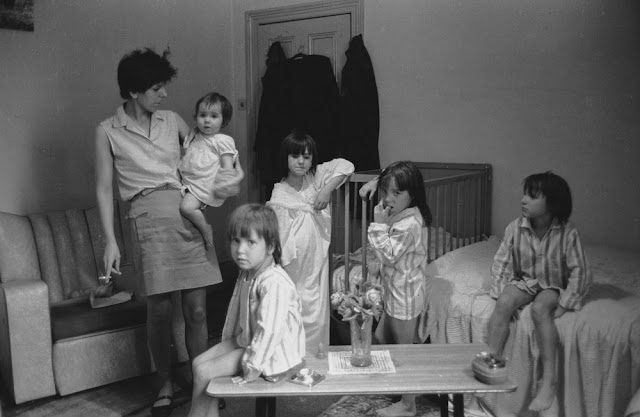 |
| A homeless family in a halfway home |
 |
| Three children build themselves a go-cart |
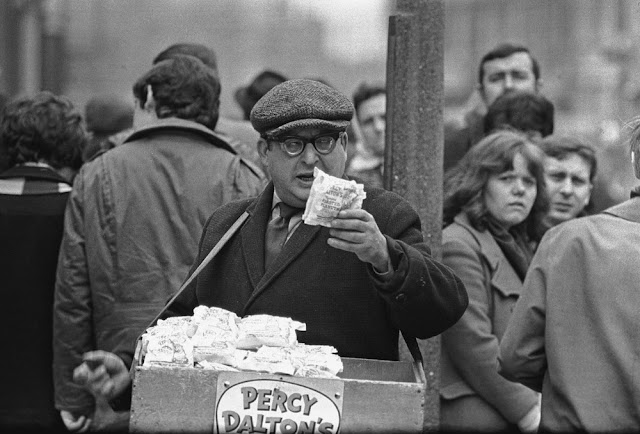 |
| A Percy Dalton's peanut seller at the dog track |
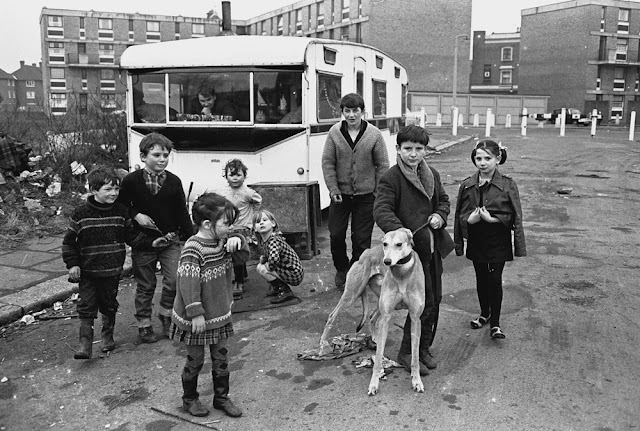 |
| Gypsy families |
 |
| The last man to live in a Nissen hut built during the war in Stratford |
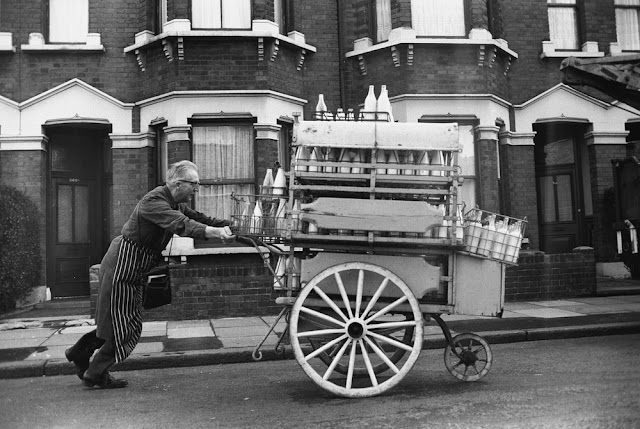 |
| A milkman on his rounds |
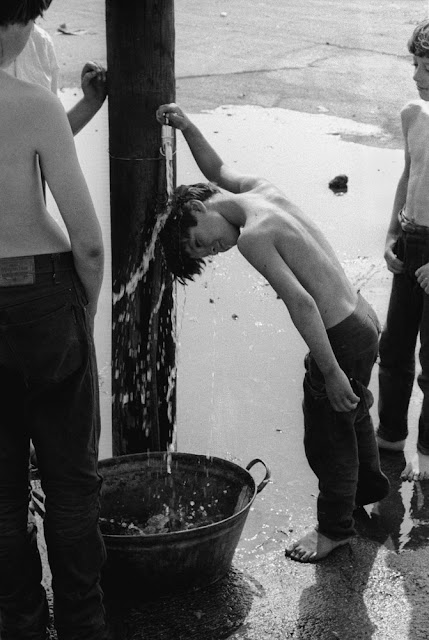 |
| Gypsy families on Beckton Marshes |
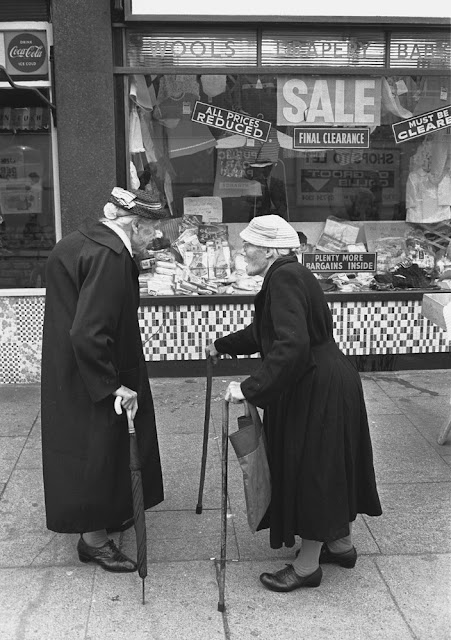 |
| Two elderly ladies chatting |
 |
| A little girl pushes her teddy bear past a wheelchair-bound gentleman on Vicarage Lane |
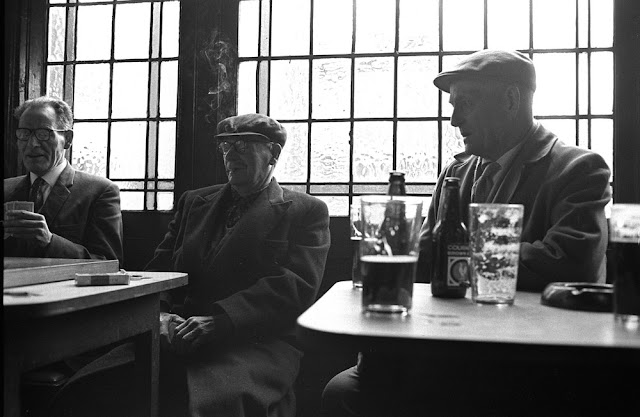 |
| Three men playing cards in a pub |
 |
| The winner of the Miss Newham 1969/70 beauty contest |
 |
| Pensioners' card school |
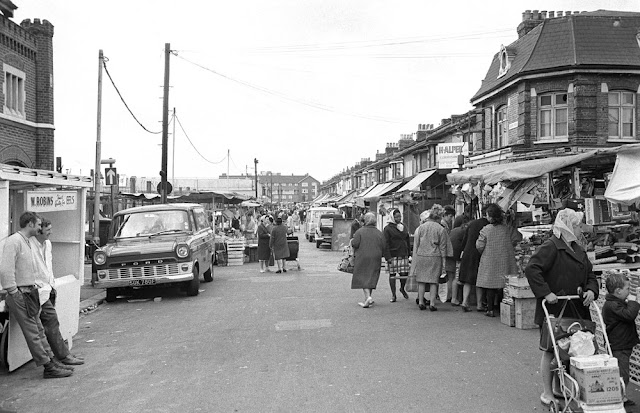 |
| Queen's Road Market in the London borough of Newham |
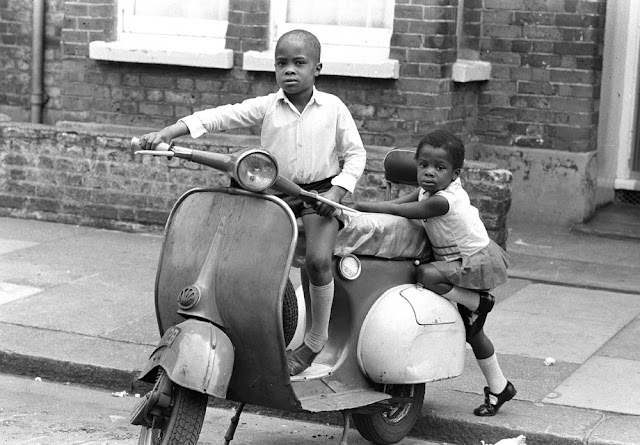 |
| A boy and a girl playing on a motor scooter parked on an East London street |
 |
| Pearly Kings and Queens |
(Photos by Steve Lewis/Getty Images)
